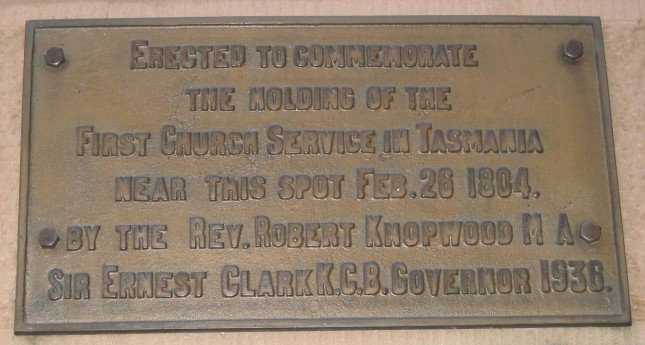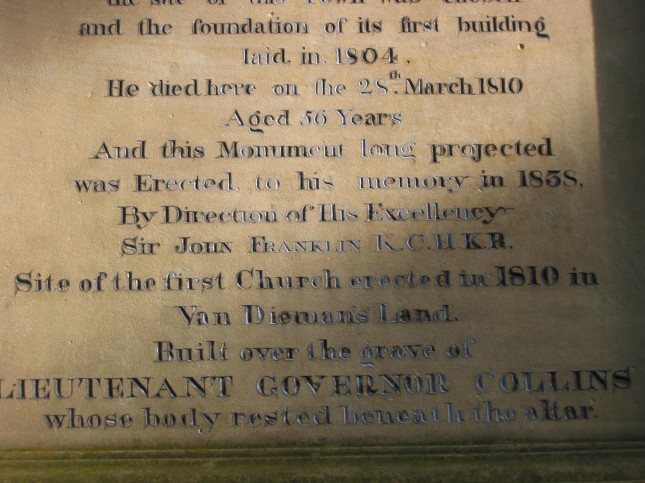Why the National Curriculum Must include the Bible is an insightful romp by Scott Monk in Quadrant Online.
Why shouldn’t elements of the Bible be taught in public schools? It has had an unparalleled impact on Western culture, history, music, the arts, politics, morality, law and literature. Are we embarrassed about our country’s foundations or, worse, have we become intellectual cowards?
The irony cannot be overlooked. Bible societies worldwide are unable to keep up with demand in countries like India and China, but in a so-called Christian country, many Australians have more knowledge of the television guide.
In arguing for including the Bible in the national school curriculum I especially liked the argument that without an understanding of the bible the anti-Christian writings of the New atheists such as Dawkins could not be understood.
Writers: Tolstoy, Dickens, Chaucer, Bunyan, Tennyson, C.S.Lewis, Tim Winton, Cormac McCarthy, Stephen King, Arthur Millar and John Grisham use biblical ideas. Artists, sculptors, singers, movies and popular sayings have been inspired by the Bible. Surely, biblical illiteracy is educationally crippling.
In response to the objection that teaching the Bible in schools would be Government sponsored proselytising the author quotes the Supreme Court of the USA:
It certainly may be said that the Bible is worthy of study for its literary and historic qualities. Nothing we have said here indicates that such study of the Bible or of religion, when presented objectively as part of a secular program of education, may not be effected consistently with the First Amendment. It certainly may be said that the Bible is worthy of study.
A challenging conclusion,
But when boys are accessing internet porn for the first time, on average, aged eleven, teenage guys are using their mobile phones to swap images of sex with their girlfriends like footy cards, and sportsmen and women cheat on their partners by engaging in group orgies, we have to accept that as a society we’ve drifted too far from our common foundations.
If the best and brightest artists of the past were brave enough to explore the wide-ranging impact of the Bible on Western thought, why can’t we challenge our own generation’s best and brightest? The compulsory national curriculum is a perfect time for a rethink.
See Ignore our Christian values and the nation will drift apart and Critique of Dawkins’scientism.



